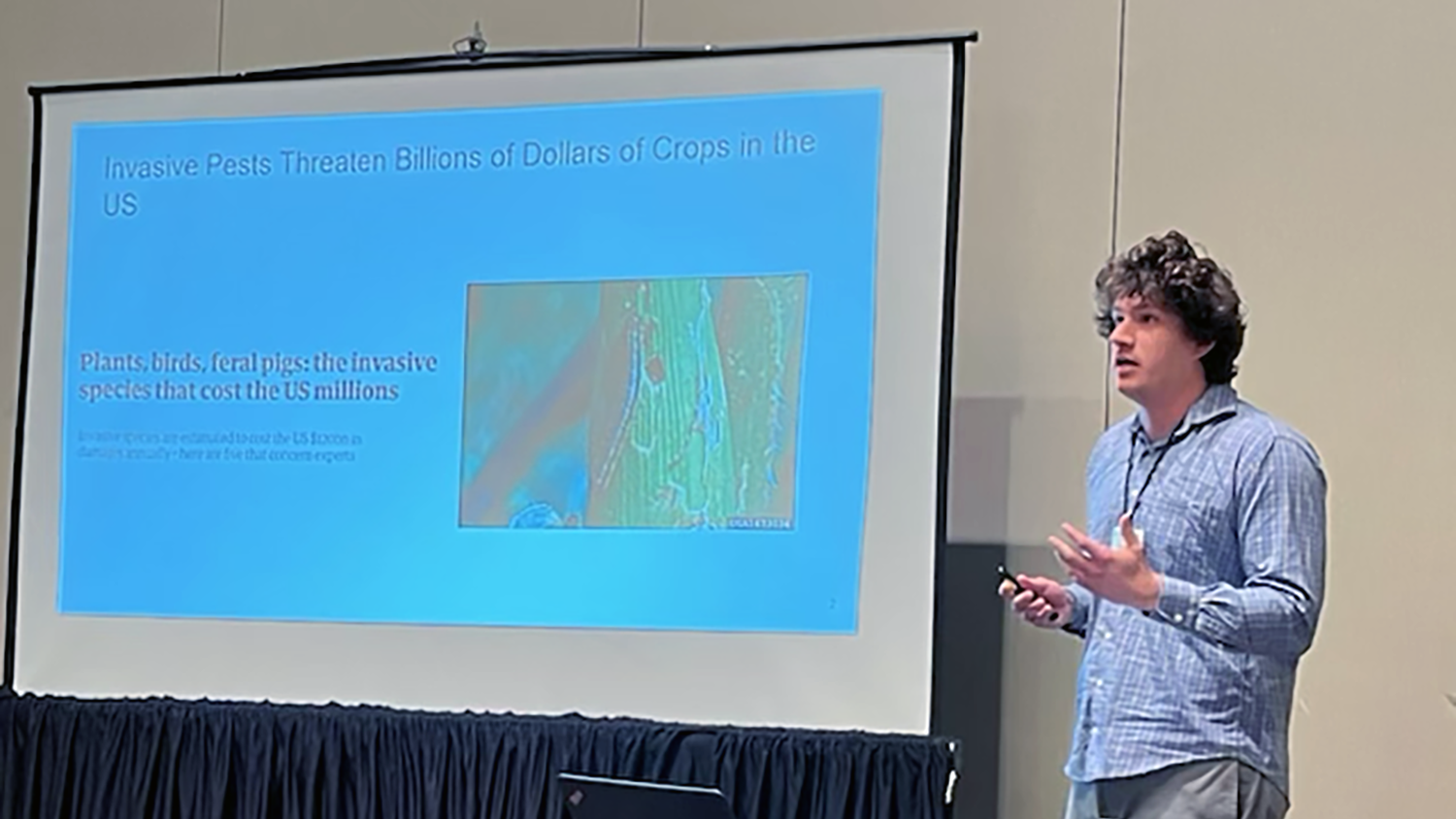The Value of a Geospatial Analytics Education

It’s graduate school application season! And thousands of students around the nation are wondering where they will spend the next three to four years of their academic careers.
There are many options to consider when deciding where to invest precious time and resources on the grad school hunt. What types of research opportunities are available, with top-notch advisors? Which university programs will pay for your education? Where are the best networking possibilities to find a job after graduation?
While choosing where to submit those all-important grad school applications, it is particularly important to know where your top choices stand, when it comes to providing an exemplary doctoral education in the spatial sciences. After all, location matters.
Out in Front
In 2012, an article in Harvard Business Review boldly declared “data scientist” the “sexiest job of the 21st century” and called attention to a shortage of these multi-talented individuals in the workforce. As technology innovators, scientific investigators and code-savvy data wranglers, data scientists make sense of massive volumes of unstructured data. Many of them specialize in geospatial big data, which pour in from sensors as diverse as satellites, drones and smart phones.
Leaders at North Carolina State University realized years ago that new academic programs were essential to meet the growing demand for geospatial data scientists, and they began brainstorming a Ph.D. program that would be unlike any other––the first doctoral program in Geospatial Analytics in the world.
Geospatial analytics is a branch of data science, and interdisciplinary geospatial data scientists develop cutting-edge techniques to discover, and communicate, meaningful patterns in location-based data. With their unique skill sets and multi-disciplinary knowledge, they explore and leverage big geospatial data to answer big questions and solve big problems.
The Center for Geospatial Analytics launched its doctoral program in Geospatial Analytics in Fall 2018 with its first group of 15 students. Grounded in developing students’ problem-solving power with big data in a range of disciplines, the program provides an opportunity to work with over twenty Faculty Fellows from a dozen academic departments across campus. A large pool of program funding gives Geospatial Analytics doctoral students unprecedented freedom to pursue research that meets their interests and career goals, beyond projects associated with external grants secured by faculty.
Up on Top
The doctoral program in Geospatial Analytics at NC State University is cultivating a talented new generation of geospatial problem-solvers, equipped with the exemplary skills, accomplishments and drive to land top jobs in data science across the nation and world. To produce top graduates means to train focused but well-rounded individuals, and that is why the center’s program supports the whole student––professionally, financially and personally.
By the end of their second summer, each student in the program participates in a professional externship uniquely tailored to them, to enrich practical skills and experiential learning. Students spend at least one week immersed at a government agency, private company, nonprofit or other organization, shadowing a respected professional in their desired field, to network and learn the ropes of a prospective career.

Each Geospatial Analytics Ph.D. student is also fully funded for four years. At the Center for Geospatial Analytics, doctoral students don’t have to worry about paying for tuition or health care, or wonder whether they will be able to support themselves financially while they attend NC State full-time. With a $25,000 yearly stipend, plus free tuition and health insurance, Geospatial Analytics Ph.D. students benefit from the equivalent of over $160,000 in support over the course of their four years in the program.
Work-life balance and inclusion are also top priorities. The Center for Geospatial Analytics recently opened a lactation room for nursing mothers, supports its students, staff and faculty in ongoing self-care and embraces the idea that intellectual community is enriched and enhanced by diversity across numerous dimensions. Faculty and staff at the center serve on the Diversity Committee for the College of Natural Resources and participate in the GLBT Center’s Advocate Program, as well as host a Women in Science Discussion Group to which graduate students are welcome, to bolster networking and community support.
At the Heart of Innovation
Located in one of the nation’s most rapidly growing regions, North Carolina State University is plugged in to an array of resources for research, industry partnerships and professional growth. The university houses a spectrum of on-site partners at its Centennial Campus and is the site of North America’s first IBM Q Hub for quantum computing. North Carolina’s Research Triangle Region and Research Triangle Park are go-to destinations for innovative industries, and the region gained another this past summer with the relocation of drone company senseFly to Raleigh from Washington, D.C.
As an already internationally recognized hub for interdisciplinary data scientists, the Center for Geospatial Analytics has a long legacy of partnering with private companies, government agencies, nonprofits and other organizations for service-learning and research. Students in the center’s professional master’s program have worked alongside groups as varied as Habitat for Humanity of Wake County, US Environmental Protection Agency, the Southern Coalition for Social Justice, NC National Guard, Yadkin Riverkeeper and the US National Weather Service Forecast Office in Juneau, Alaska, among many others. Doctoral students are funded through grants and partnerships with NASA, Wake County, the National Park Service and more.
Ready for What’s Next
There has never been a better time to expand your education in geospatial sciences and technology, and there is nothing quite like the feeling of finding the Ph.D. program that’s right for you. Learn more about the Ph.D. program in Geospatial Analytics, and discover all that North Carolina State University has to offer.
- Categories:


